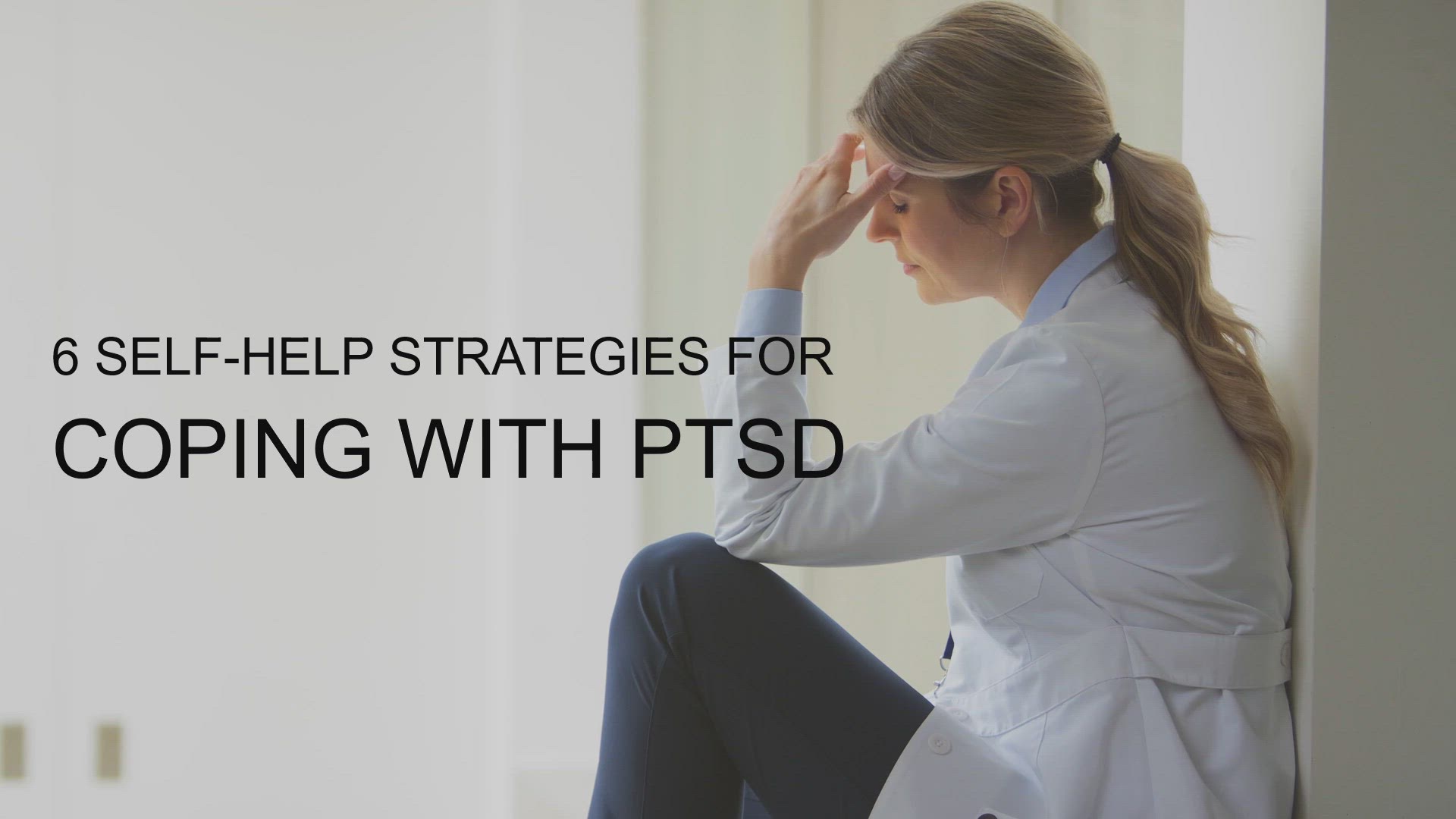
6 Self Help Strategies For Coping With PTSD
May 26, 2024
Self-Help Strategies For Coping With PTSD. Post-traumatic stress disorder, PTSD is a mental health disorder that according to the National Institute of Mental Health, develops in some people who have experienced a shocking, scary, or dangerous event. P
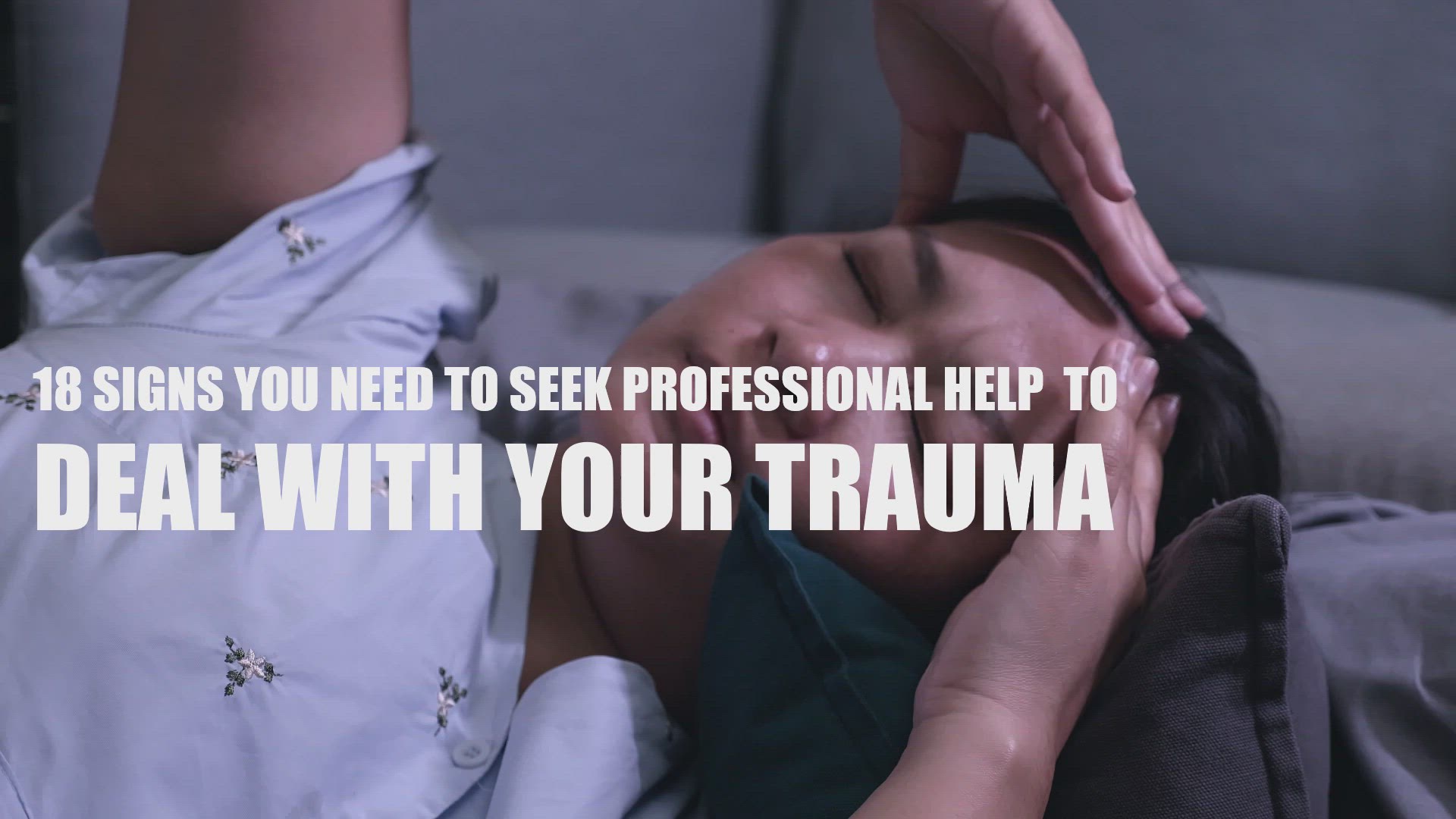
18 Signs You Need To Seek Professional Help To Deal With Your Trauma
May 26, 2024
18 Signs You Need To Seek Professional Help To Deal With Your Trauma Post Traumatic Stress Disorder is a very real condition. If you experience a traumatic event, you are at risk of developing PTSD. PTSD is not something you should deal with on your own.
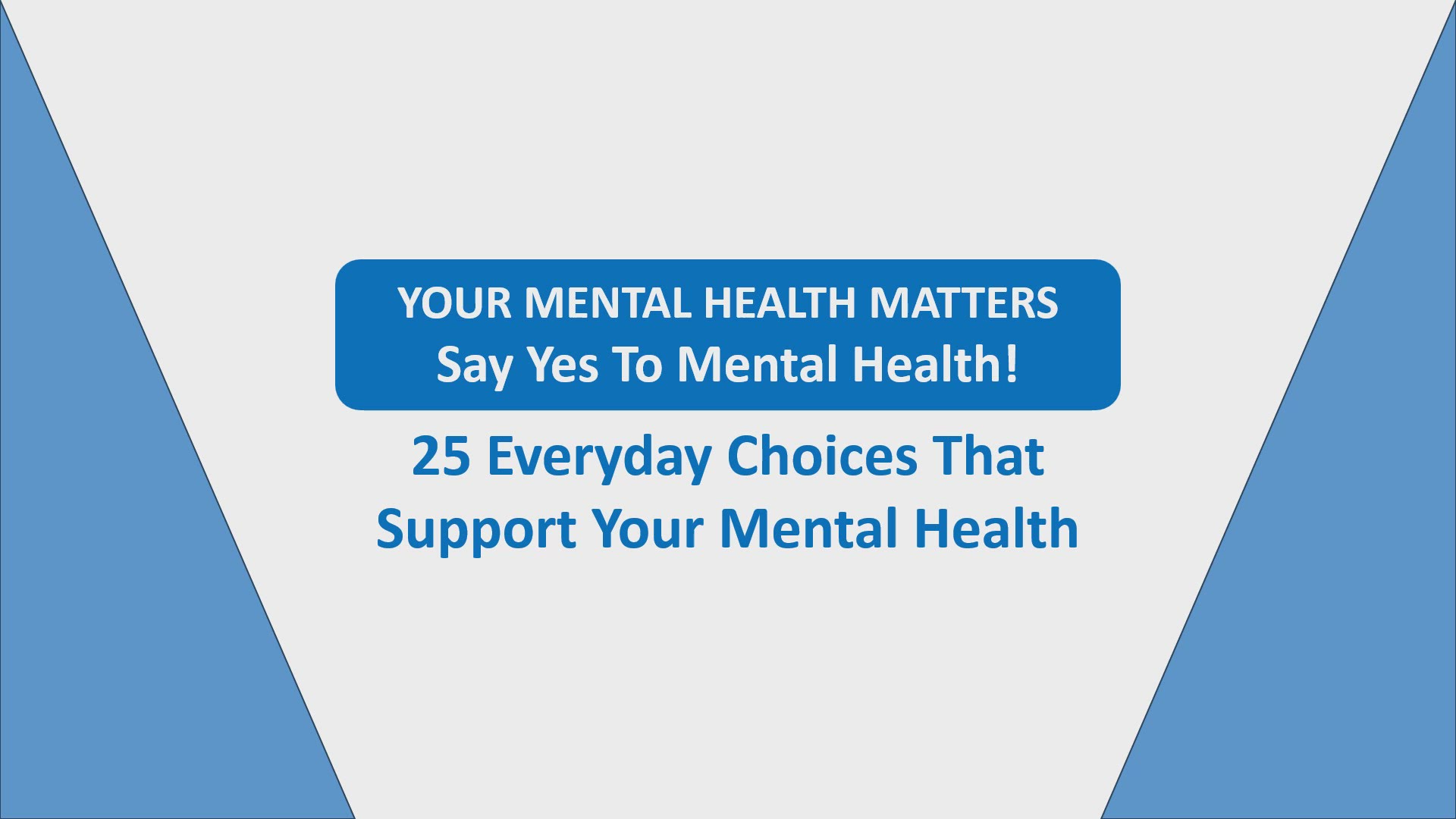
25 Everyday Choices That Support Your Mental Health
Jun 12, 2024
Your mental health matters. Say yes to mental health! 25 everyday choices that support your mental health. There are many habits and life choices that foster good mental health. These are everyday things that are simple to implement but can yield signifi
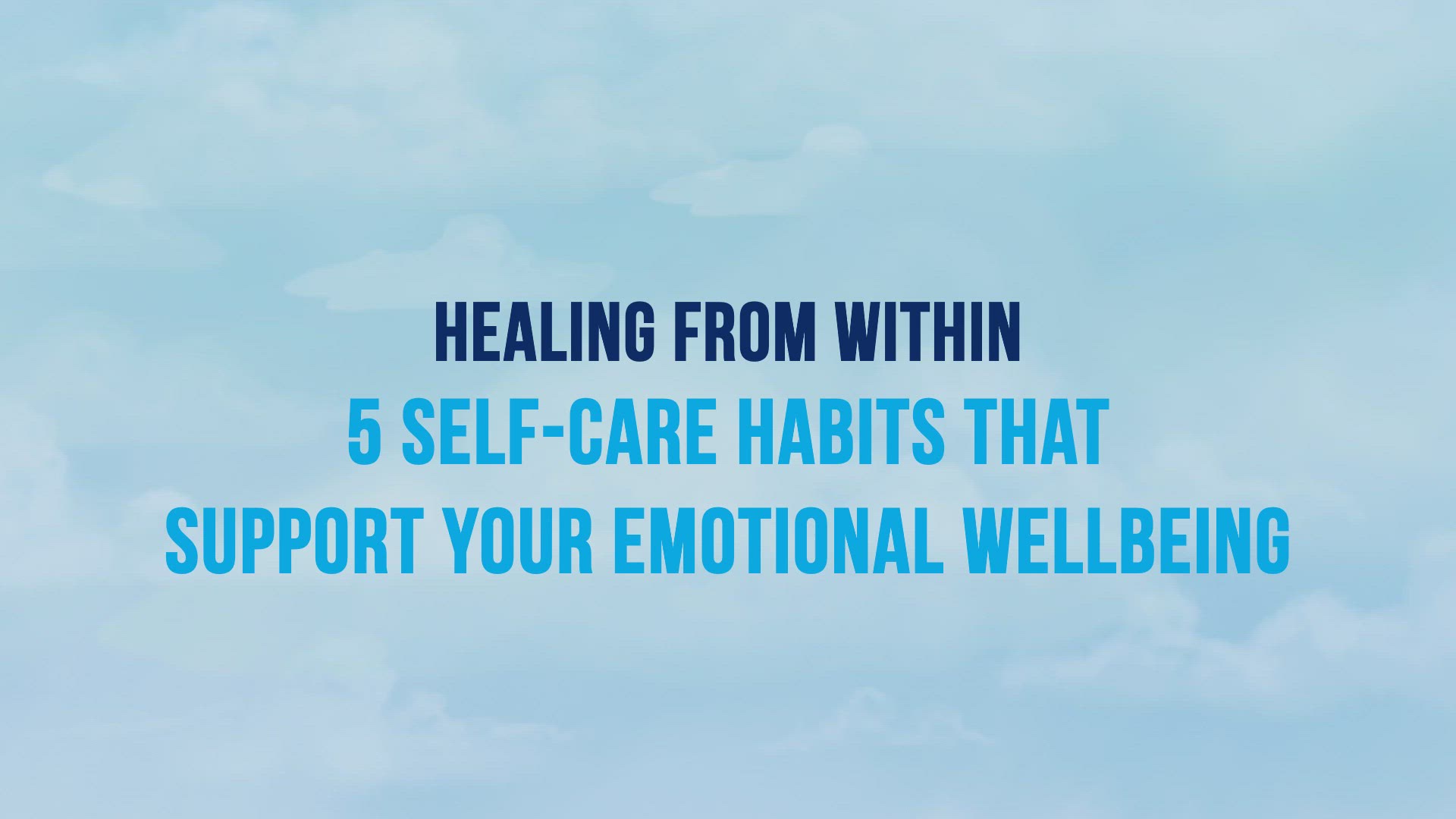
5 Self-Care Habits That Support Your Emotional Well Being
Jun 12, 2024
Healing From Within – 5 Self-Care Habits That Support Your Emotional Wellbeing. If you're looking for ways to support your emotional wellbeing, then look no further than self-care. Emotional wellbeing means a state of mental health where you can effect
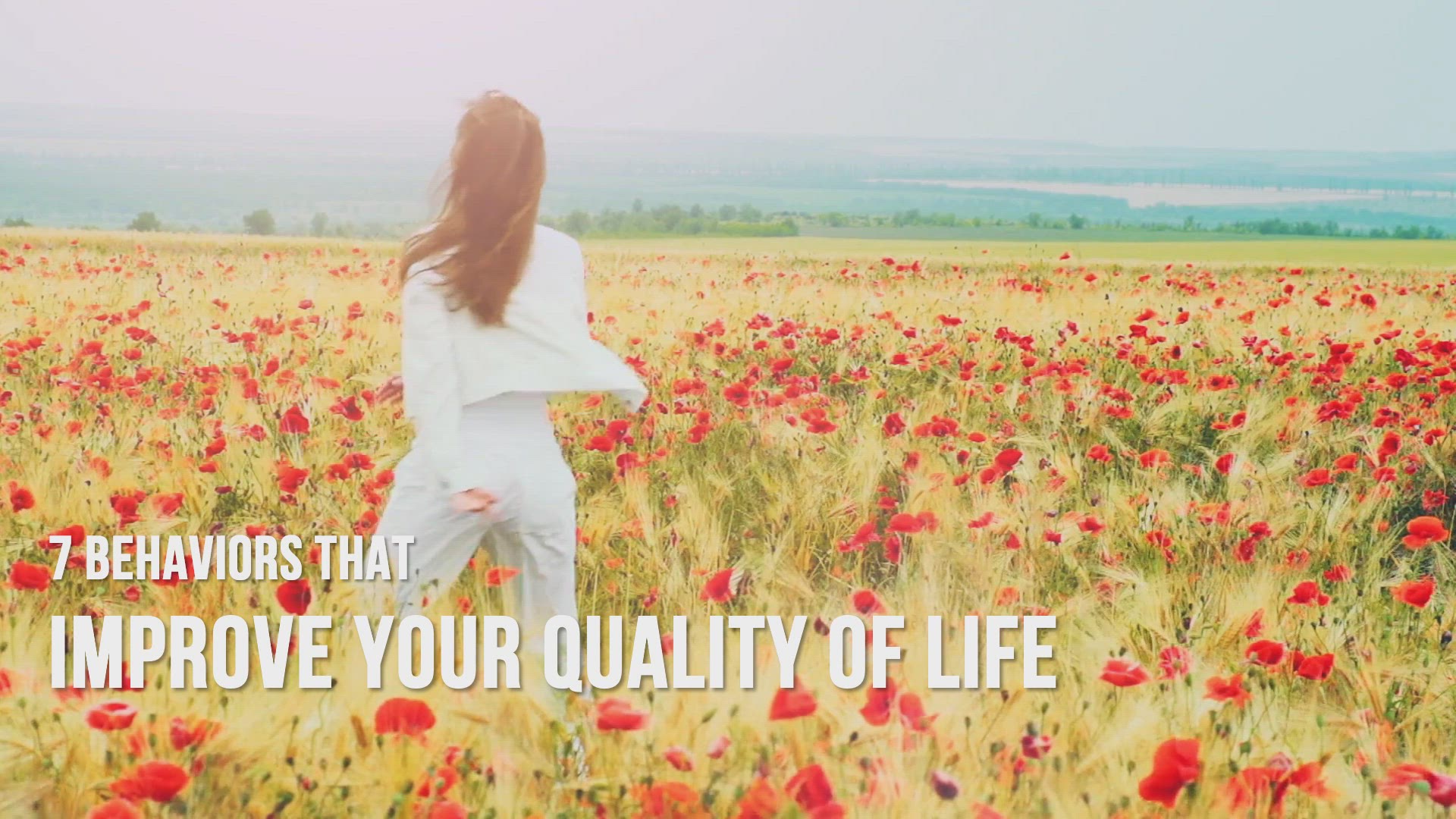
7 Behaviors That Improve Your Quality of Life
Jun 18, 2024
Prioritize Your Physical Health. Regular exercise, a balanced diet, and adequate sleep are essential components of maintaining your health, energy, and vitality, all of which make you and your days better. Work On Your Personal Issues. Dysfunctional behav
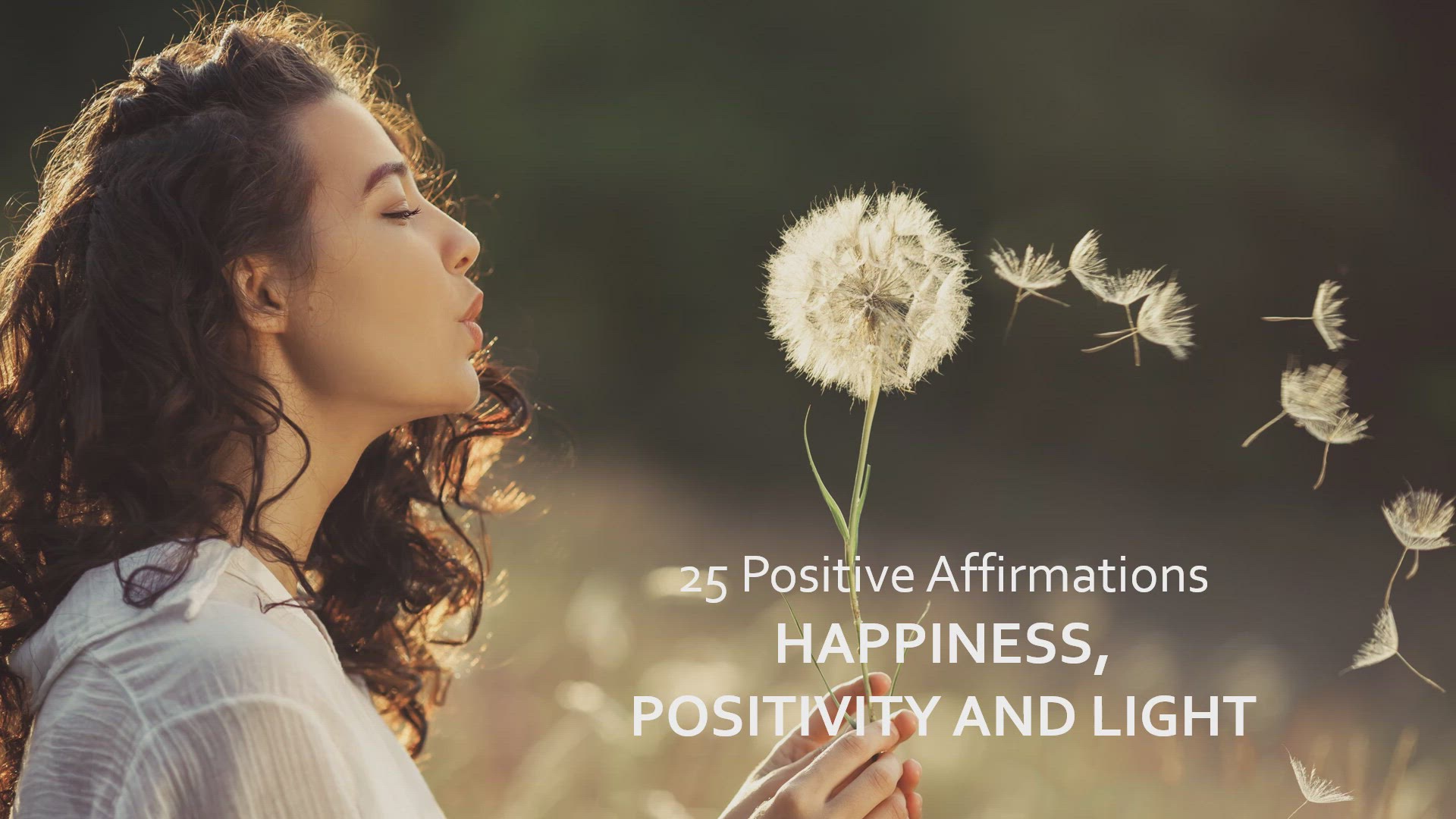
25 Positive Affirmations - Happiness, Positivity and Light
Jun 24, 2024
I deserve to be happy. Happiness flows into my life effortlessly. I am grateful for the happiness I experience daily. My heart is filled with joy and gratitude. I choose to focus on the positive. My heart is light. I am positivity. I am light. I am in cha
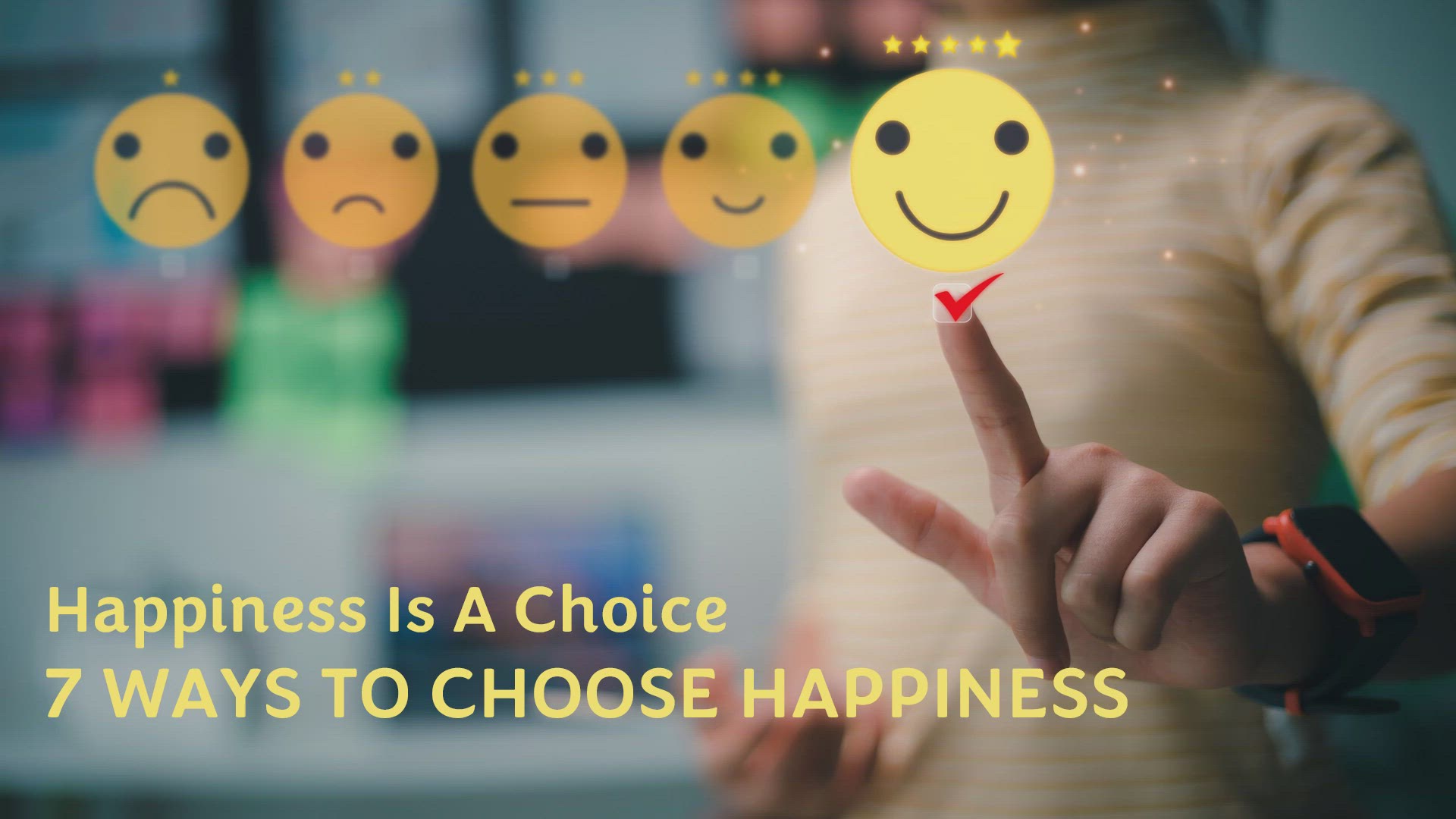
Happiness Is a Choice - 7 Ways to Choose Happiness
Jun 24, 2024
You can be happy without being happy all the time. Authentic happiness isn't the absence of negative emotions or difficult feelings. Your genetics and environment shape your happiness level from a young age. That doesn't mean you can't do anything to chan
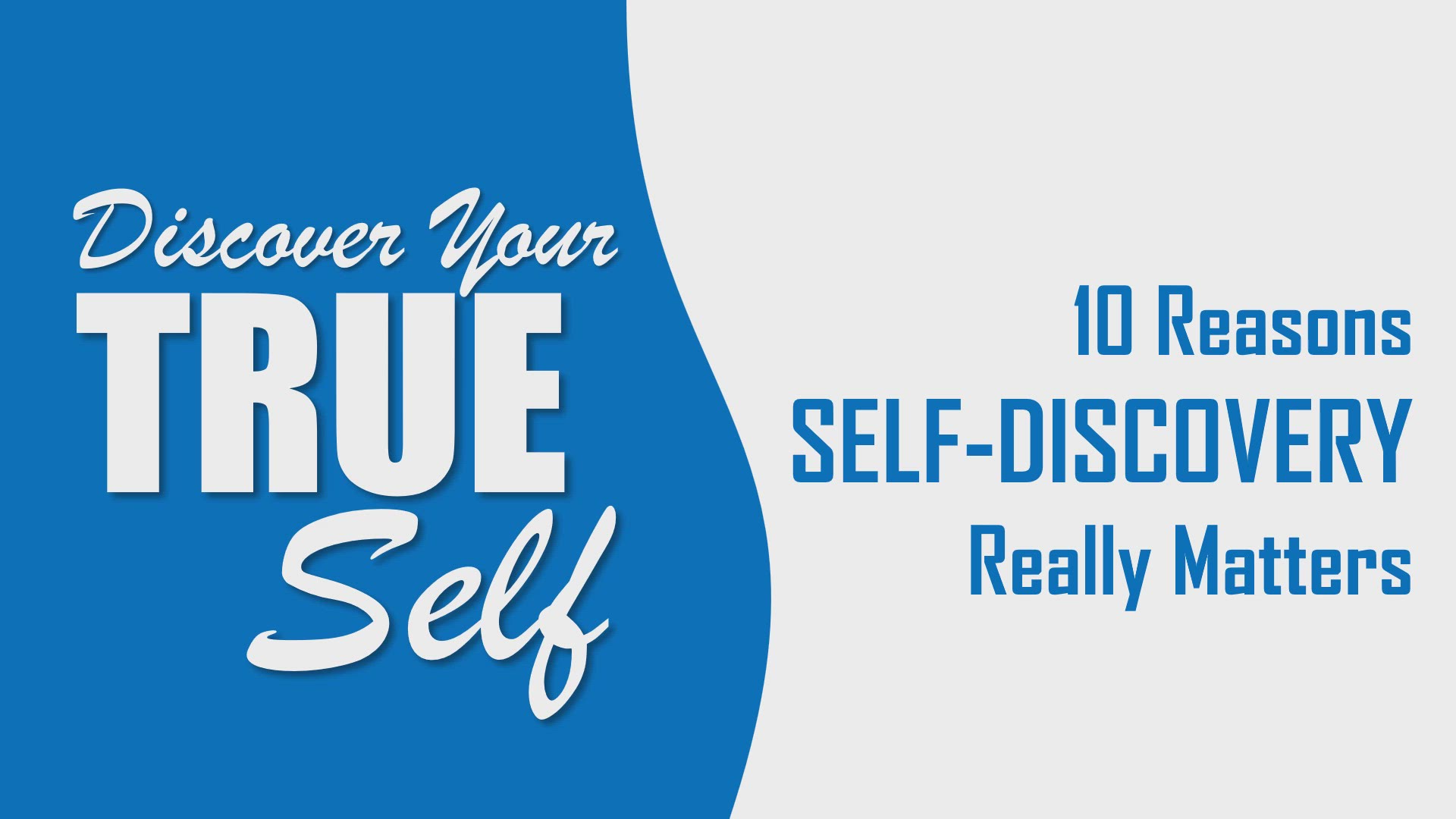
10 Reasons Self-Discovery Really Matters
Aug 7, 2024
Self-discovery is the process of learning everything there is to know about yourself. This includes your values, interests, dislikes, and everything in between. Knowing who you are is crucial to living authentic life, which also means your best life. Let’
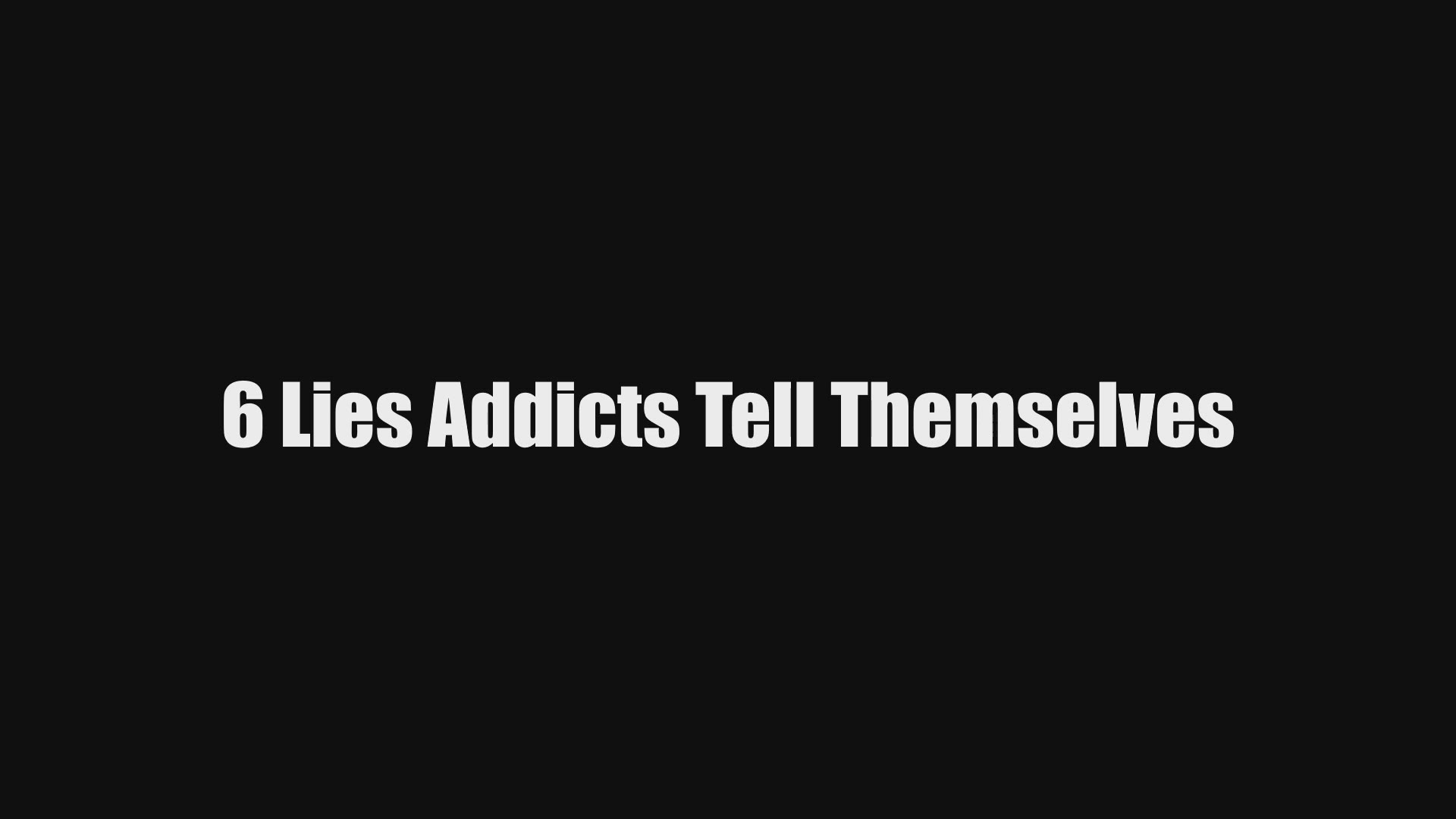
6 Lies Addicts Tell Themselves
Aug 14, 2024
Denial is a more common trait in addicts than honesty. It's hard to accept that you have a problem, it's difficult to recognize that you're struggling. Denial is a hallmark of addiction because denial allows the individual to continue using. The further y
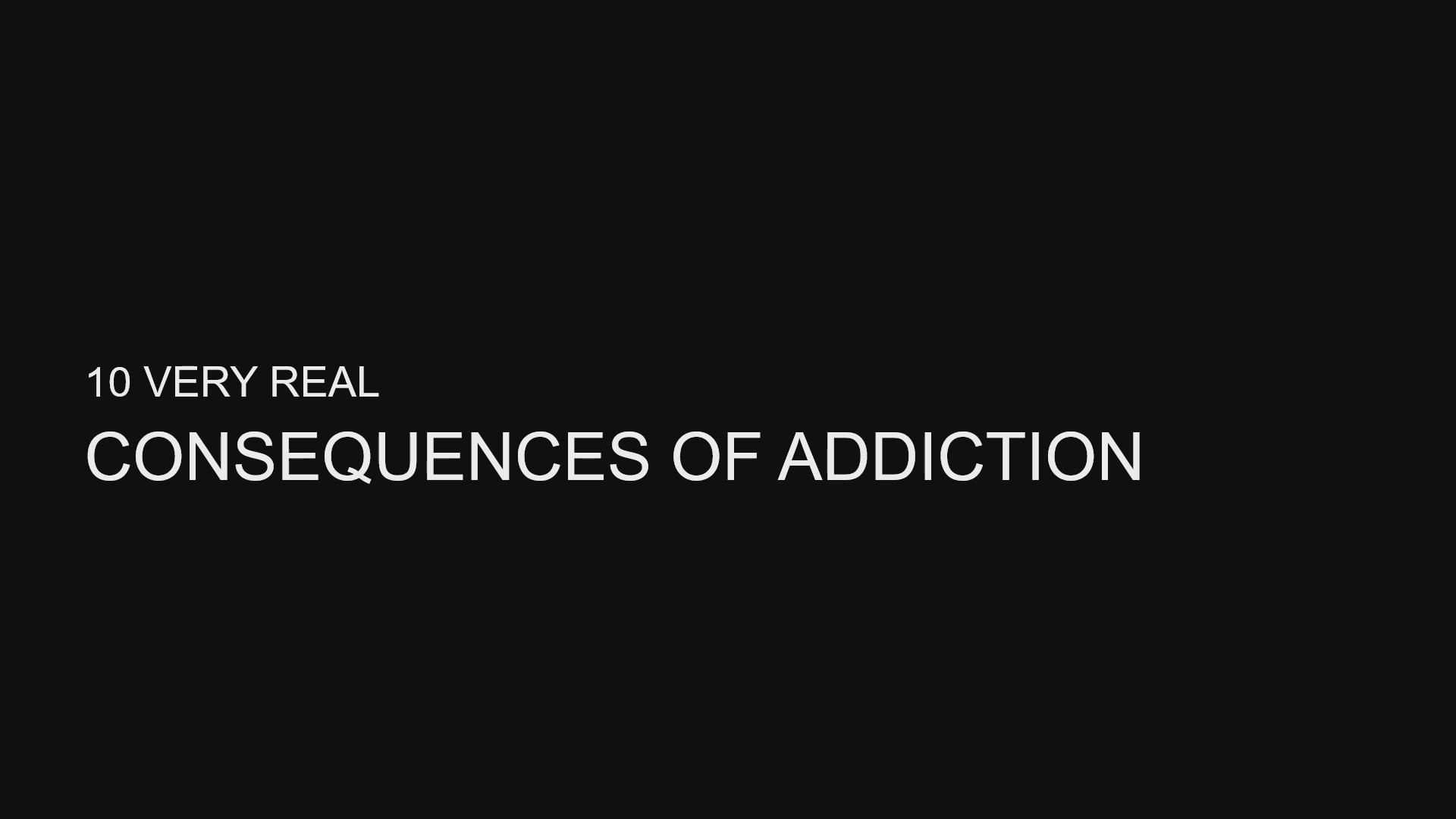
10 Very Real Consequences Of Addiction
Aug 14, 2024
10 Very Real Consequences Of Addiction. Addiction is a treatable, chronic medical disease that presents with very real and extreme consequences. You can damage important relationships. When a person is in the throes of addiction, they often hurt the pe

Evening Wind Down Routine – 7 Ways To Calm The Racing Mind
Aug 27, 2024
Put The Whole Day Behind You Before You Go To Sleep. Put a stressful day to bed an hour or more before you actually hit the bed. Just let go. Stay in the moment. Write Down Your List Of Things To Do Tomorrow. If work stress keeps you awake at night, you c

5 Positive Things You Can Gain After Facing And Dealing With Loss
Sep 5, 2024
5 Positive Things You Can Gain After Facing And Dealing With Loss. Loss can be devastating, whether you lose a person, a job, your health or a goal you were working hard for, all loss hurts. But there is a silver lining to facing loss and dealing with los
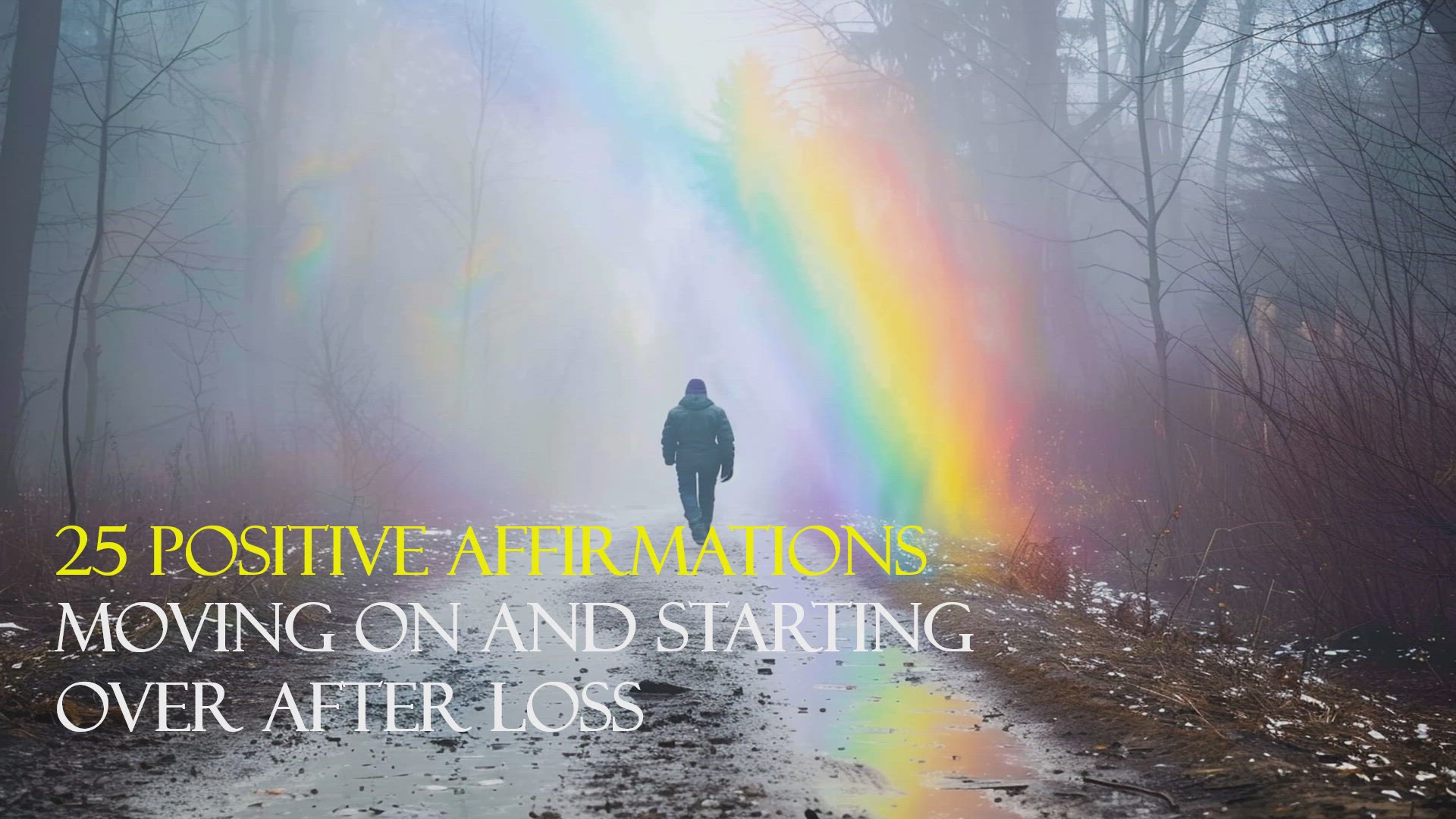
25 positive affirmations about Moving On And Starting Over After Loss.
Sep 6, 2024
Welcome to 25 positive affirmations about Moving On And Starting Over After Loss. I am open to new experiences and possibilities. I accept this loss and look forward to brighter things to come. I trust that my future holds amazing things. I am creating a

25 positive affirmations about Moving On And Starting Over After Loss.
Sep 6, 2024
Welcome to 25 positive affirmations about Moving On And Starting Over After Loss. I am open to new experiences and possibilities. I accept this loss and look forward to brighter things to come. I trust that my future holds amazing things. I am creating a
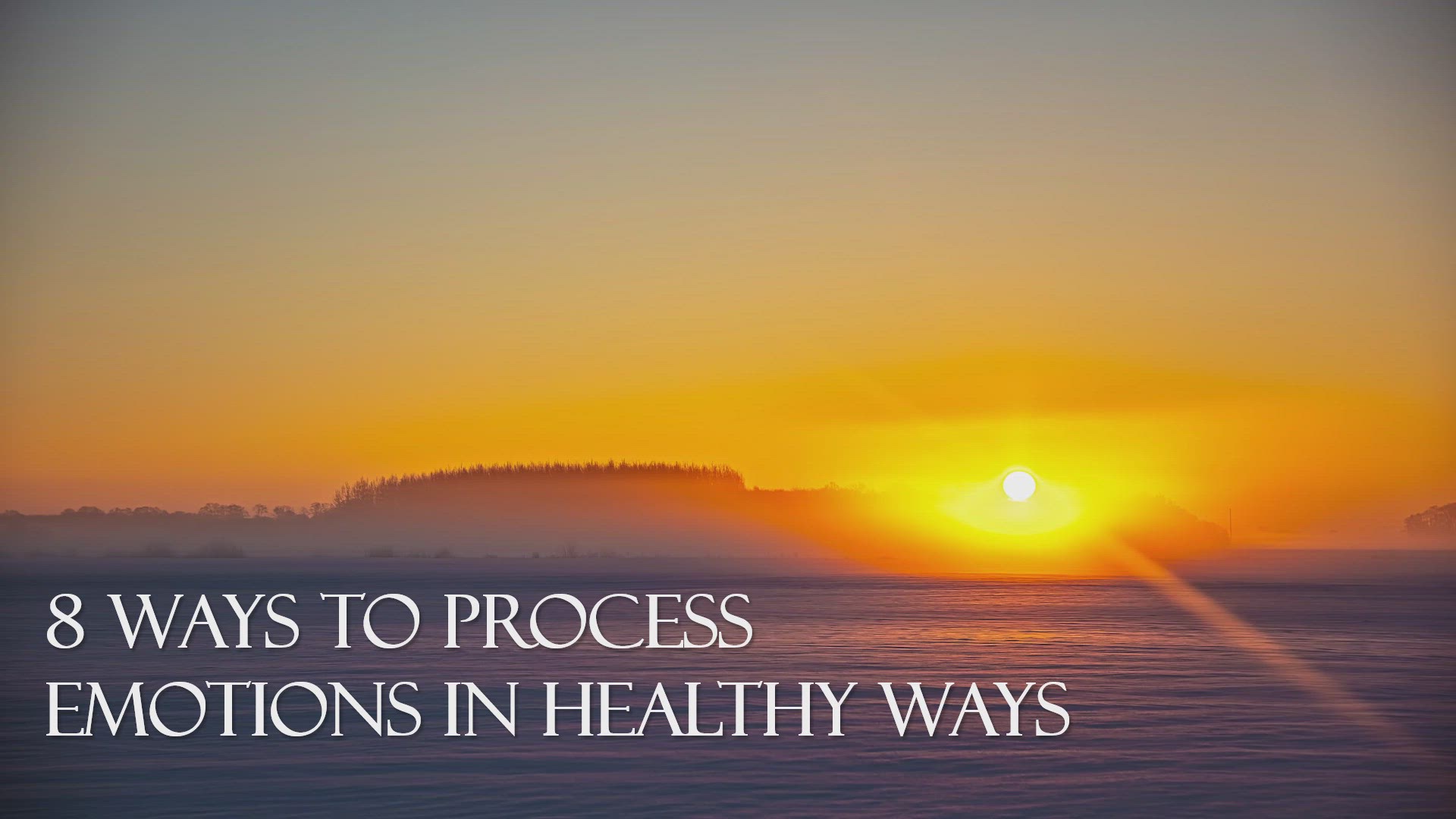
8 Ways To Process Emotions In Healthy Ways
Oct 6, 2024
Emotional health is an important consideration for our overall wellbeing. Emotional regulation is the best way to process emotions in healthy ways, versus the dysfunctional methods of denying and stuffing our feelings. One of the first steps in the healt

8 Ways To Process Emotions In Healthy Ways
Oct 6, 2024
Emotional health is an important consideration for our overall wellbeing. Emotional regulation is the best way to process emotions in healthy ways, versus the dysfunctional methods of denying and stuffing our feelings. One of the first steps in the healt
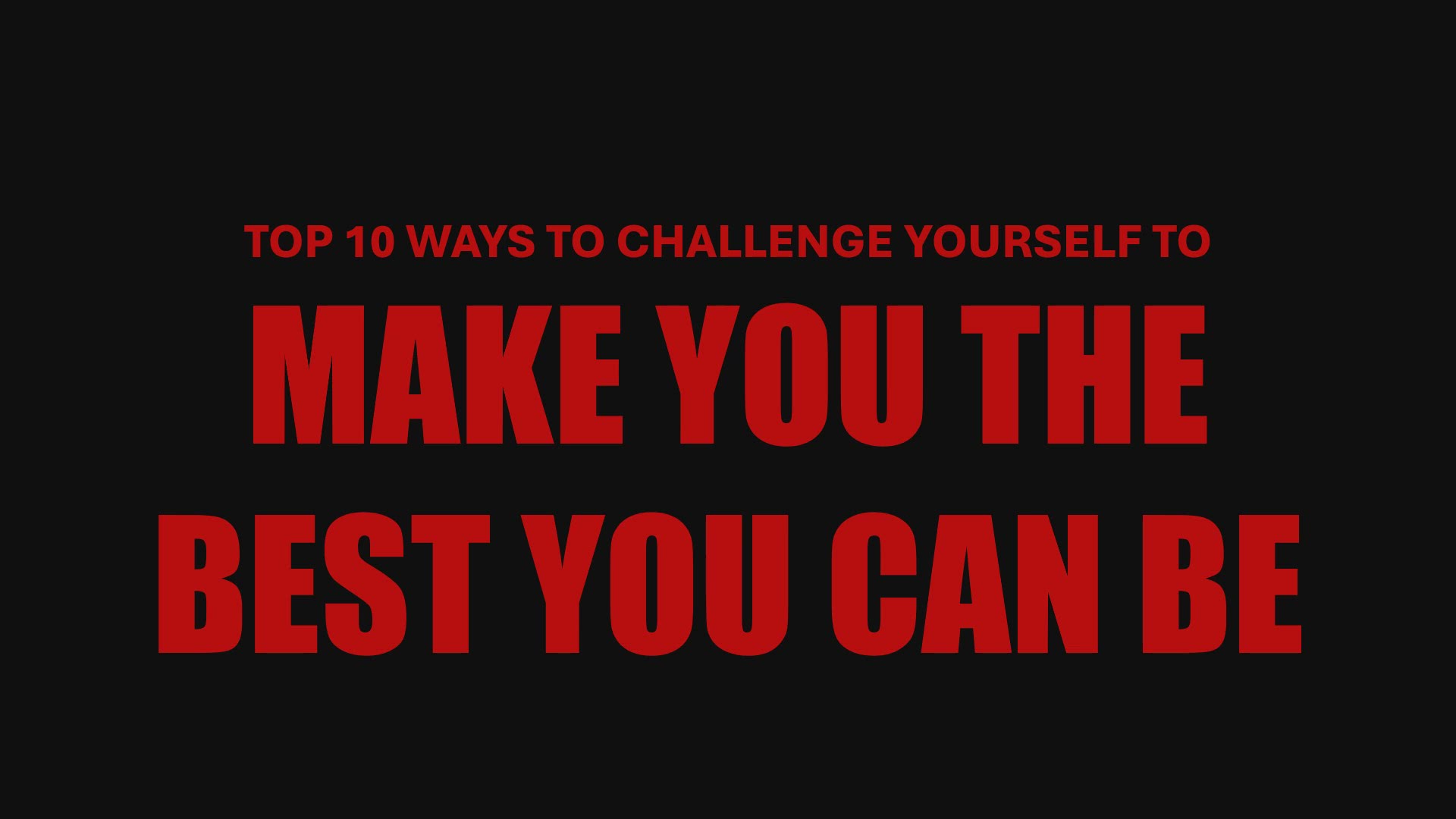
Top 10 Ways To Challenge Yourself To Make You The Best You Can Be
Oct 24, 2024
We should always strive to be a better person each day than we were the day before. You’ll need to take a journey of self-discovery to identify your specific needs. Today, we’ll look at ten challenges that can make anyone the best they can be. Conquer a
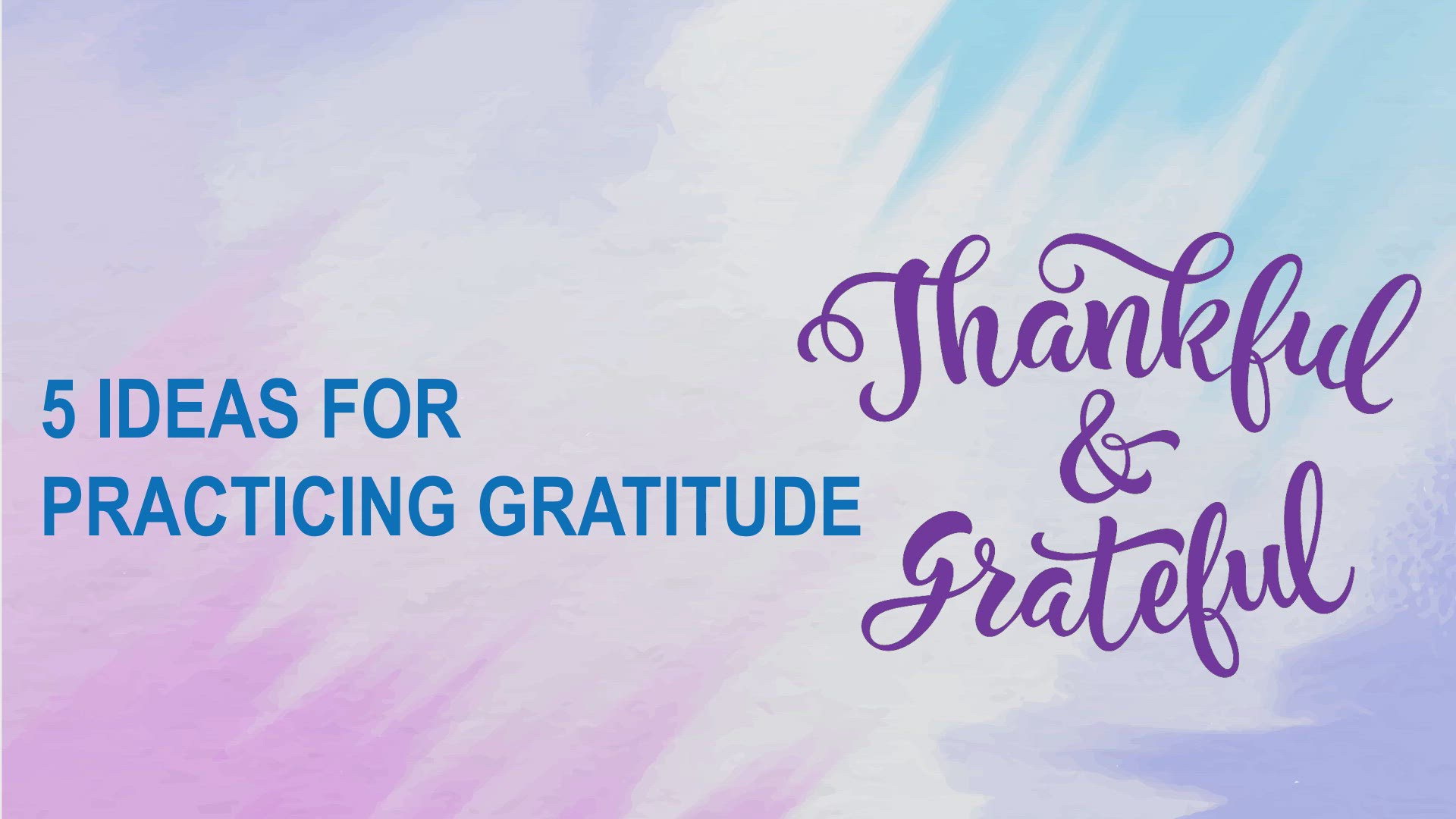
5 Ideas For Practicing Gratitude
Nov 11, 2024
Welcome to this presentation of 5 Ideas For Practicing Gratitude. Gratitude is believed to be one of the top practices to change your life. From making you happier and more optimistic to enhancing your heart health and immune functions, being grateful com

5 Ideas For Practicing Gratitude
Nov 11, 2024
Welcome to this presentation of 5 Ideas For Practicing Gratitude. Gratitude is believed to be one of the top practices to change your life. From making you happier and more optimistic to enhancing your heart health and immune functions, being grateful com

5 Ideas For Practicing Gratitude
Nov 11, 2024
Welcome to this presentation of 5 Ideas For Practicing Gratitude. Gratitude is believed to be one of the top practices to change your life. From making you happier and more optimistic to enhancing your heart health and immune functions, being grateful com
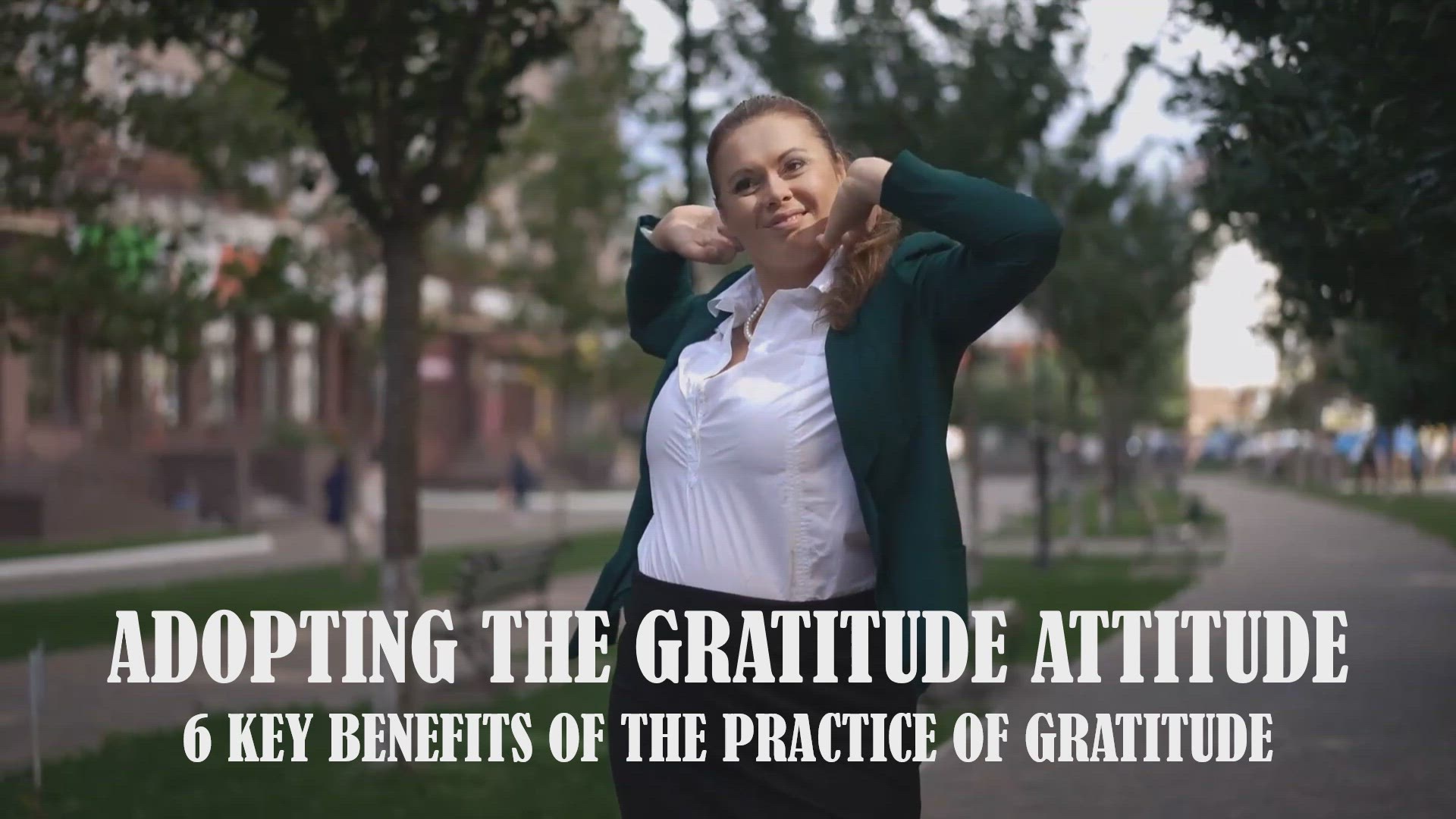
Adopting The Gratitude Attitude - 6 Key Benefits of the Practice of Gratitude
Nov 11, 2024
6 Key Benefits Of The Practice Gratitude Video Voiceover Script Welcome to this presentation of Adopting The Gratitude Attitude. 6 Key Benefits Of The Practice Of Gratitude. Practicing gratitude, or intentionally focusing on the good things in our lives

The Power Of Gratitude. Finding Joy In The Simple Things
Nov 13, 2024
Imagine you wake up in the morning, sunlight spilling into your room, warming your face. You hear birds chirping outside, their melodies weaving through the air like an orchestra of nature. You take a deep breath, noticing the clean, crisp scent of a new
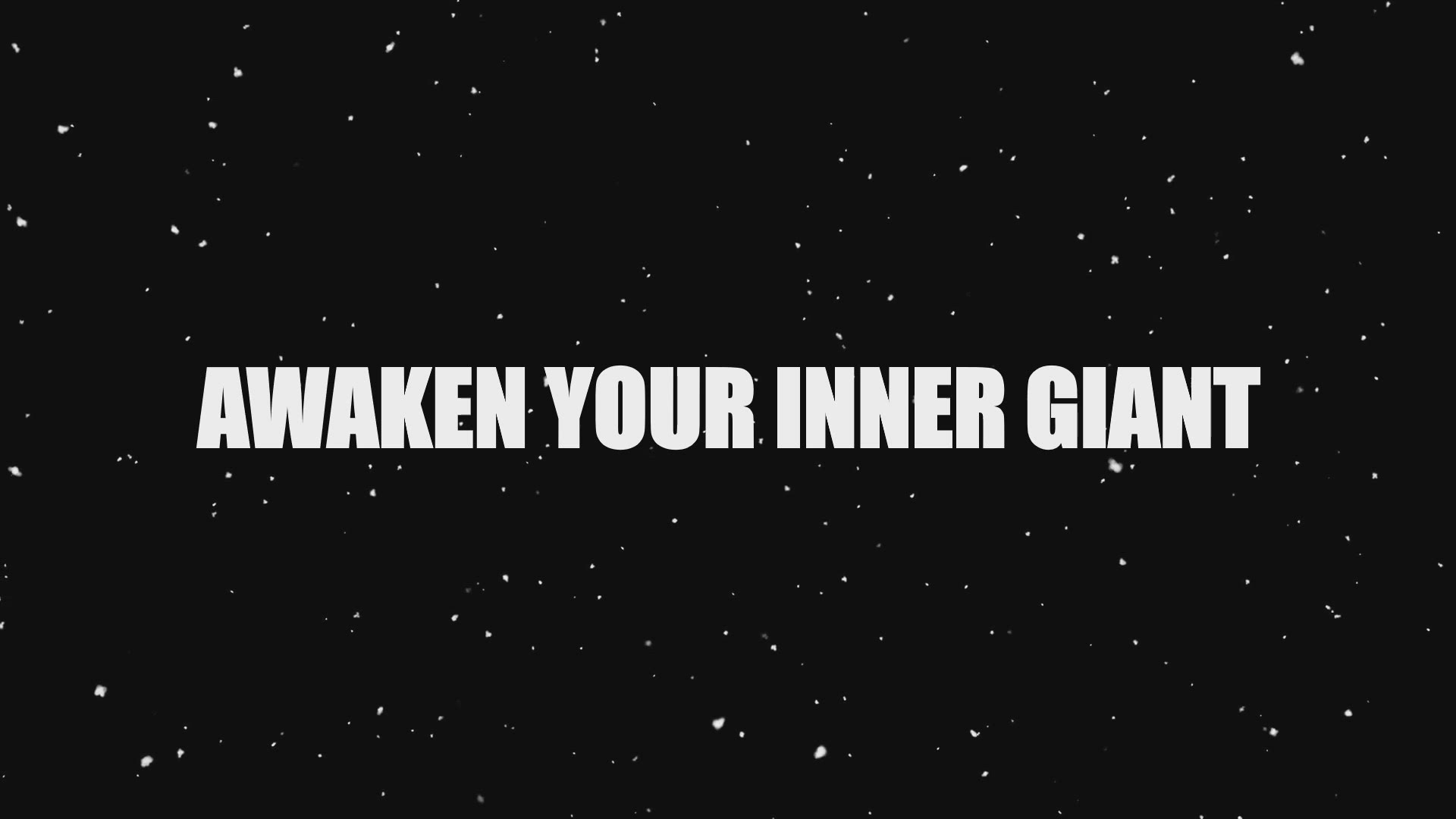
Awaken Your Inner Giant
Feb 15, 2025
It’s time to awaken your inner giant. There is a force within you. A fire that refuses to be extinguished. It has been waiting patiently through every storm, every setback, every doubt. A voice, a power, a Giant that refuses to stay silent any longer. Tod

10 Ways To Boost Physical Energy
Feb 16, 2025
When it comes to tackling your day, nothing puts a wrinkle in it quite like having low energy. Whether it’s due to lack of sleep, having too much on your plate, or something else, the good news is that there are plenty of ways you can boost your physical
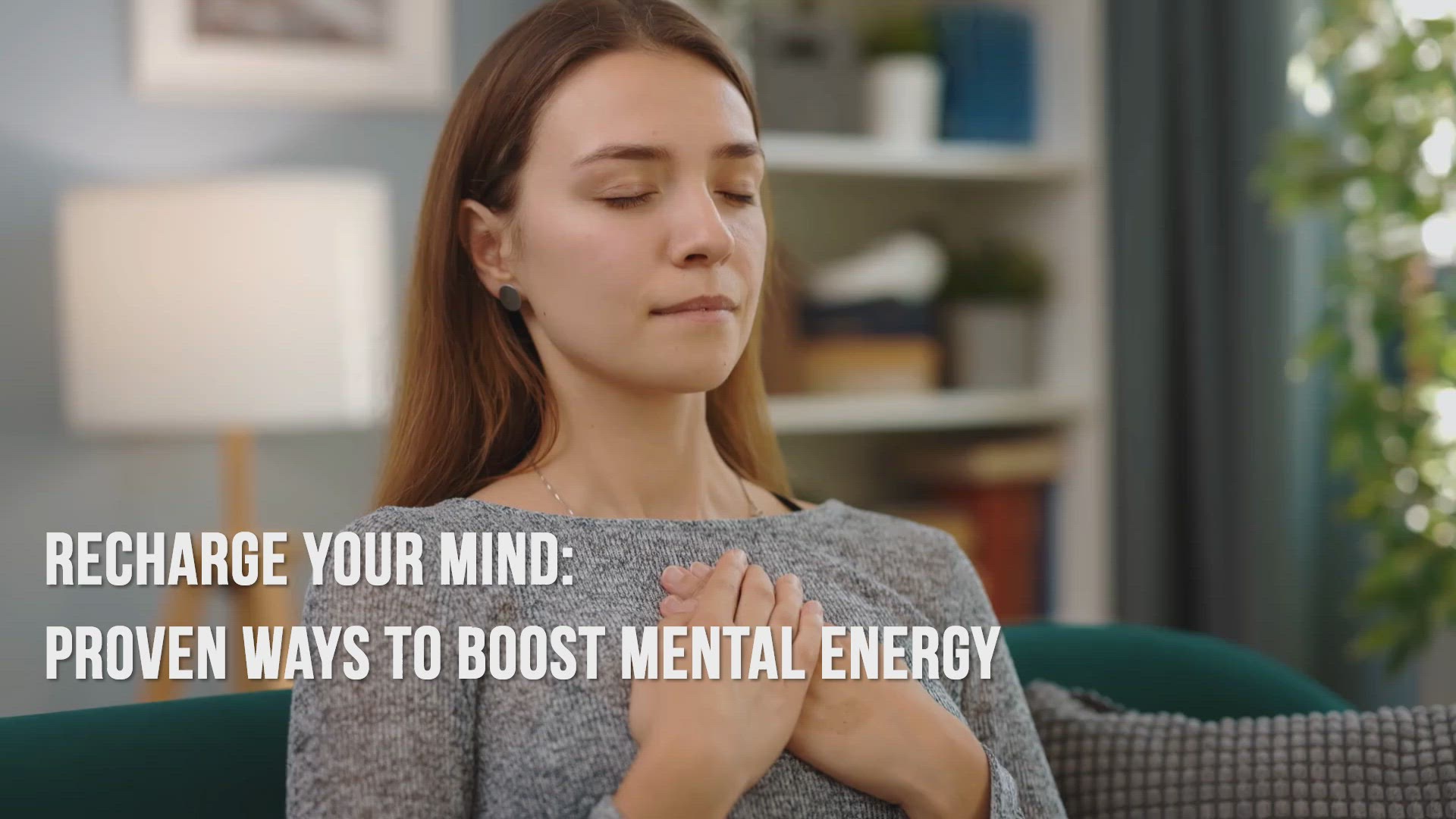
Recharge Your Mind: Proven Ways To Boost Mental Energy
Feb 16, 2025
Do you ever feel like your brain is running on empty? Maybe you wake up groggy despite getting enough sleep, or by mid-afternoon, your thoughts are sluggish, and even simple decisions feel overwhelming. Mental fatigue is real, and in today’s fast-paced wo